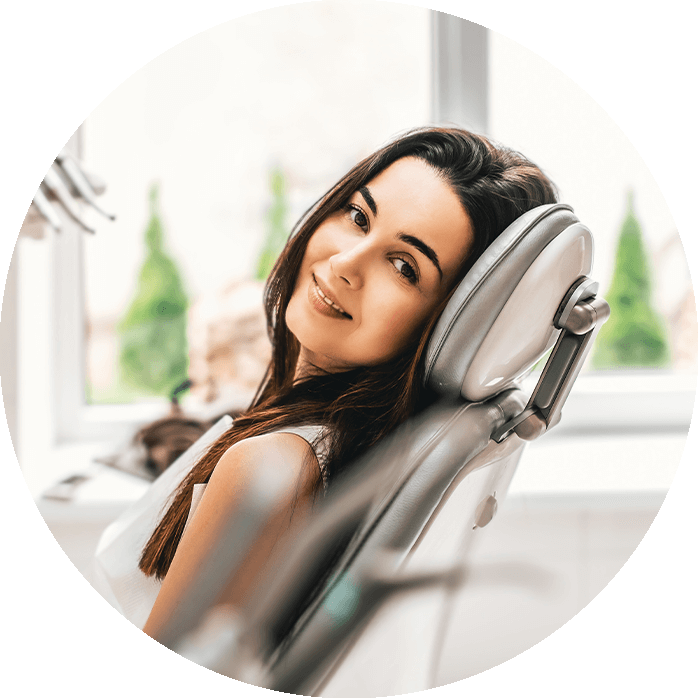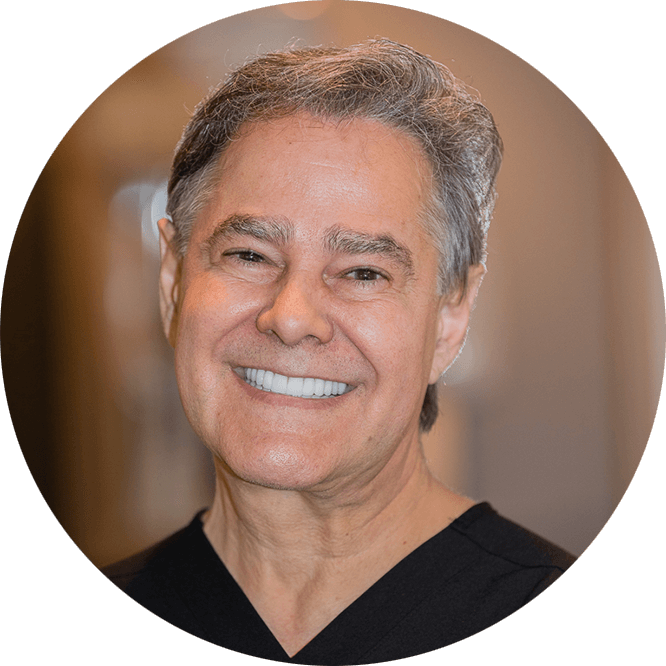

If you’re considering Invisalign as an orthodontic treatment option, you’ll want to consult with our dentist in Woodland Hills to ensure that you’re an ideal candidate. Invisalign is a popular and effective alternative to traditional metal braces, providing a more discreet and comfortable solution for many orthodontic issues. However, not everyone is a good candidate for Invisalign.
A successful outcome with Invisalign greatly depends on the patient’s commitment to the treatment, emphasizing the importance of wearing the aligners for the recommended duration and maintaining consistency throughout the treatment process.
To learn more about Invisalign treatment and if it’s right for your smile goals, contact Dr. John Chaves at 818-491-7294 today to schedule a consultation.
Invisalign offers an attractive alternative that can help straighten even the most severely misaligned teeth.
The ideal Invisalign candidate is someone who has mild to moderate orthodontic issues. This often includes issues such as crooked teeth, gaps between teeth, and mild bite problems. Invisalign can also fix some cases of overbites, underbites, and crossbites, effectively getting teeth straightened for both adults and children. It’s important to note that age and tooth health are crucial factors in determining candidacy for Invisalign. While there’s no strict upper age limit, older individuals may need to consider the health of their teeth and gums, as these can impact eligibility for treatment.
Invisalign is especially popular among adults who want to straighten their teeth but don’t want the metal wires and brackets associated with traditional braces. Invisalign clear aligners are made of clear plastic and are virtually invisible when worn.

If your teeth are crooked or crowded, Invisalign can gradually straighten them out over time. Crooked teeth can cause issues with biting and chewing, as well as negatively impact your overall appearance. With Invisalign, treatment can help straighten your teeth and improve your oral health, while also giving you a more aesthetically pleasing smile.
Invisalign trays can also close gaps between teeth. Gaps can cause food to get stuck between teeth, increase the risk of gum disease, and affect your smile. Invisalign can help move your teeth closer together and close the gaps between permanent teeth, leading to improved oral health and a more confident smile.
If your upper front teeth overlap your lower front teeth, this is called an overbite. An overbite can cause issues with speaking, eating, and jaw pain. Invisalign can correct this issue by gradually shifting your teeth into proper alignment, improving your bite, and reducing discomfort.
An underbite can lead to issues with chewing, speech, and jaw pain. Invisalign trays can correct this issue by gradually shifting your teeth into proper alignment, improving your bite, and reducing discomfort.
If some of your upper teeth bite inside your lower teeth, this is called a crossbite. A crossbite can cause tooth wear, jaw pain, and even make your face look asymmetrical. Invisalign can fix this issue by gradually shifting your teeth into proper alignment, improving your bite, and reducing discomfort.
While Invisalign can be a great option for many, it’s not always the best choice for your oral health needs, especially if you’re dealing with a complex case. Invisalign may not be right for you if:


To achieve the best results, it’s recommended that you wear your Invisalign aligners for at least 22 hours a day. You’ll need to remove them when eating, brushing your teeth, and flossing. Outside of those situations, wear them consistently as directed by your dentist to ensure that your treatment progresses as planned.
Invisalign aligners may affect your speech for the first few days of treatment. You may notice a slight lisp or difficulty pronouncing certain words. However, most people adjust to wearing the aligners fairly quickly and don’t experience any speech issues after the initial adjustment period. If you do experience persistent speech issues, be sure to talk to your dentist.
Yes, you can choose Invisalign braces over traditional braces, depending on your orthodontic needs. Invisalign offers nearly invisible alignment, making it a superior choice for teeth straightening without the aesthetic drawbacks of metal brackets. These braces provide comfort, removability for eating and oral hygiene, and reduced office visits. However, for complex orthodontic cases, such as severely crooked teeth or a misaligned bite, traditional braces might be more effective.
I understand the information disclosed in this form may be subject to re-disclosure and may no longer be protected by HIPAA privacy regulations and the HITECH Act.
